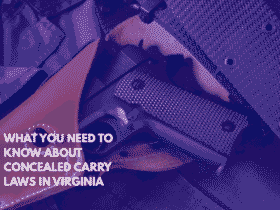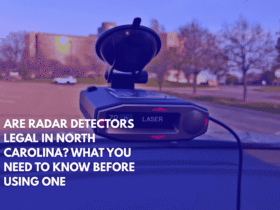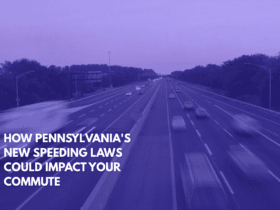Traveling with certain foods in Washington, as in the rest of the United States, is subject to both federal and state regulations designed to protect public health, agriculture, and the environment.
While Washington does not have unique statewide laws banning specific foods for travel within its own borders, travelers must be aware of federal restrictions—especially when crossing international or state lines—and local food safety regulations if selling or serving food.
Federal Restrictions on Food Travel
When traveling to or from Washington, especially across international borders or into certain regions, federal law prohibits or restricts the transport of specific foods. For example, fresh allium bulbs (such as garlic, onions, and scallions), certain fruits, and some vegetables may be prohibited unless accompanied by proper documentation or certification.
These restrictions are in place to prevent the introduction of pests and diseases that could harm agriculture and ecosystems. The U.S. Department of Agriculture (USDA) and U.S. Customs and Border Protection (CBP) enforce these rules at ports of entry and land borders.
Local Food Safety Regulations
Within Washington, food businesses—including food trucks, farmers’ markets, and other vendors—must comply with state and local food safety laws. The Washington State Food Code sets standards for food handling, storage, and preparation to prevent foodborne illness.
For example, food must be held at safe temperatures (below 41°F or above 135°F) when removed from temperature control, and workers must be trained in allergen awareness to protect customers with food allergies.
These rules apply to anyone selling or serving food to the public, not to travelers simply carrying food for personal consumption.
Food Truck and Vendor Permits
If you are operating a food truck or other mobile food business in Washington, you must secure a range of permits and licenses, including a mobile food facility permit, business license, and health department certification.
These requirements are designed to ensure that food is prepared and served safely, and that waste is disposed of properly. While these regulations do not directly affect travelers carrying food for personal use, they are important for anyone involved in food commerce.
Summary Table
| Type of Travel | Food Restrictions/Requirements |
|---|---|
| International/State Borders | Certain fruits, vegetables, and meats prohibited or restricted by federal law |
| Within Washington (personal) | No unique bans, but must comply with general food safety practices |
| Food business/vendor in WA | Must obtain permits/licenses and follow food safety regulations |
Key Takeaways
Traveling with certain foods across international or state borders is restricted or prohibited by federal law to protect agriculture and public health.
Washington does not ban specific foods for travel within the state, but food businesses must follow strict safety and permit requirements.
If you are selling or serving food to the public in Washington, you must obtain the proper permits and comply with food safety regulations.
In summary, it is not illegal to travel with most foods within Washington for personal use, but you must be aware of federal restrictions when crossing borders and local regulations if you are involved in food commerce. Always check current USDA and CBP guidelines before traveling with food across state or international lines.
Sources:
-https://kingcounty.gov/en/dept/dph/health-safety/food-safety/food-code-updates
-https://pos.toasttab.com/blog/on-the-line/food-truck-licenses-and-permits-in-washington
-https://www.health.wa.gov.au/Articles/F_I/Importing-and-exporting-food
-https://www.cbp.gov/travel/us-citizens/know-before-you-go/prohibited-and-restricted-items












Leave a Reply